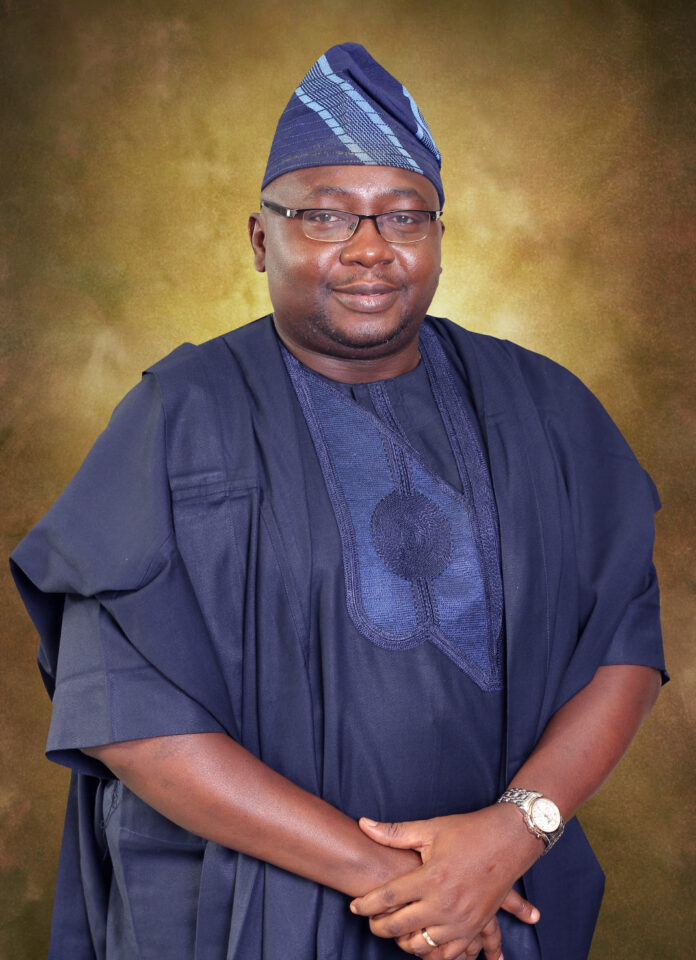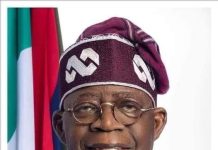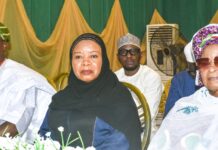REMARKS BY THE HONOURABLE MINISTER OF POWER, FEDERAL REPUBLIC OF NIGERIA, AT THE PWC ROUNDTABLE ON “NIGERIA’S MULTI-TIER ELECTRICITY MARKET: IMPERATIVES FOR SUCCESSFUL EVOLUTION.”
Protocol…
• Mr Biodun Ogunleye, the honourable Commissioner, Lagos State Ministry of Energy and Mineral Resources
• Mr. Abba Aliyu, MD/CEOs of Rural Electrification Agency
• Mrs Rekhiat Momoh, CEO of Eko Electrification Distribution Company Plc (Eko Disco)
• Mr Pedro Omontuemhen, Partner PWC
• Mr Bimbola Banjo, Partner PWC
• Industry Experts
• Distinguished Ladies and Gentlemen.
1. It is a pleasure to join you today for this important PwC Power Roundtable. For me, this is more than a professional engagement, it is another homecoming. As an alumnus of PwC, I am always reminded of the analytical discipline, global perspective, and commitment to excellence that shaped my early professional journey and I am proud to see PwC continue to convene conversations like this that influence national development, especially in a sector as critical as power.
2. Today’s theme, “Nigeria’s Multi-Tier Electricity Market: Imperatives for Successful Evolution” is timely, strategic, and aligned with the bold reforms currently underway in our sector. Under the Renewed Hope Agenda of President Bola Ahmed Tinubu, GCFR, the Nigerian power sector has entered a new phase defined by decentralization, liberalization, and a shift from a single national market to a multi-tier, multi-actor electricity ecosystem.
3. The passage of the Electricity Act 2023 has reformed our power landscape, allowing subnational governments to work with private investors and developers to generate, transmit, and distribute electricity within their boundaries. Today, Nigeria has 15 state electricity markets at different stages of development, creating new opportunities for innovation and investment. What this means is simple: Nigeria has moved from a one-size-fits-all electricity market to a dynamic, multi-tier federation of markets.
4. The strategic value of subnational electricity markets is profound. They enhance efficiency and competition, enable state-specific solutions, attract greater investment, and improve reliability through potential inclusion of embedded generation and mini-grids. These markets also stimulate job creation and industrial growth while offering flexibility to design cost-reflective tariffs with appropriate consumer protection. We are already seeing this transformation across states such as Enugu and Lagos where subnational energy strategies are unlocking new opportunities and shaping local development pathways.
5. However, decentralization also presents risks that we must manage with foresight. These include market fragmentation, high costs of running new regulatory institutions, uneven development among states, liquidity issues inherited from the national market, potential tariff adjustments, political interference, and risks to grid stability if embedded generation is not properly coordinated. These realities do not undermine the reform, they merely underscore the importance of proactive planning, strong institutions, and structured coordination between federal and state actors.
6. Nigeria’s evolving electricity landscape also faces key challenges such as regulatory overlap between NERC and state commissions, weak transmission and distribution infrastructure, DisCo indebtedness, limited state-level technical capacity, contract renegotiation complexities, and grid instability. These challenges reflect the transitional nature of our current system and demand solutions rooted in partnership, collaboration, and cooperation among all stakeholders.
7. To address some of these issues, the Ministry of Power is encouraging a coordinated engagement between the national and subnational regulators, strengthening national and subnational infrastructure, supporting states to attract investment opportunities, building capacity through NAPTIN and development partners, enabling market-based tariffs that balance investment and affordability, improving metering and revenue collection through the Presidential Metering Initiative, expanding public–private partnerships, and establishing federal–state coordination mechanisms to harmonize planning.
8. These interventions are already showing results. Under President Tinubu’s leadership, the sector has recorded major milestones. Notable among these are the:
• Decentralization and liberalization of the sector which has resulted in the activation of fifteen state electricity markets which was made possible with the Electricity Act 2023 which you signed into law.
• Development of a National Integrated Electricity Policy after 24 years
• Attraction of over $2 billion in fresh investments into the sector to further extend electricity access in the country.
• Commencement of the process to transition the industry towards full commercialization which increased the sector’s revenue by 70% in the year 2024 and reduced government liability in the sector by NGN 700 billion.
• First ever successful synchronization of the Nigerian power grid with the wider West African grid which is a remarkable milestone for West Africa. The West African Power Pool (WAPP) achieving synchronisation across all 14 member countries for over four hours marks a major step toward a fully integrated regional electricity market.
• Increase in the country’s installed capacity for energy generation from 13GW to 14GW and the attainment of an all-time generation peak of 5,801.44 MW and a maximum daily energy record of 128,370.75 MWh on March 4, 2025.
• Successful mobilization of NGN 700 billion funding from FAAC to implement the Presidential Metering Initiative, aimed at tackling the sector’s long-standing metering gap. This is complemented by the World Bank DISREP fund of $500m adding 3.45m meters to the sector. Procurement of the meters have commenced.
9. Distinguished ladies and gentlemen, Nigeria’s transition to a multi-tier electricity market is not optional, it is necessary. It is the pathway to a reliable, competitive, and economically viable power sector. Today’s roundtable exemplifies the type of strategic engagement our country needs. Let me, once again, extend my sincere appreciation to PwC for convening this roundtable and for its continued thought leadership in Nigeria’s Electricity Supply Industry. PwC has remained a trusted partner to government and industry alike providing research, advisory support, capacity-building, and policy insights that have shaped reforms across the value chain. As an alumnus of this great institution, I am especially proud of the impact PwC continues to make in our national development journey. Your commitment to fostering dialogue, strengthening institutions, and supporting the evolution of a modern, competitive electricity market is deeply appreciated, and I encourage you to sustain this vital role as we work together to build the power sector Nigeria deserves.
10. As we engage in conversations today, I urge us to think boldly, challenge assumptions, and generate solutions that will help build a decentralized but well-coordinated, competitive, and inclusive electricity sector. This roundtable provides an opportunity to examine key issues such as clarifying federal–state regulatory boundaries, strengthening transmission and distribution networks, and shaping practical state power master plans. We should also deliberate on how to build technical capacity at the subnational level, balance market-based tariffs with consumer protection, improve metering and collections, unlock investment through PPPs, and establish effective federal–state coordination mechanisms to maintain grid stability. By engaging thoughtfully on these questions, we can shape a more resilient, future-ready electricity system for Nigeria.
11. Thank you, and God bless the Federal Republic of Nigeria.






